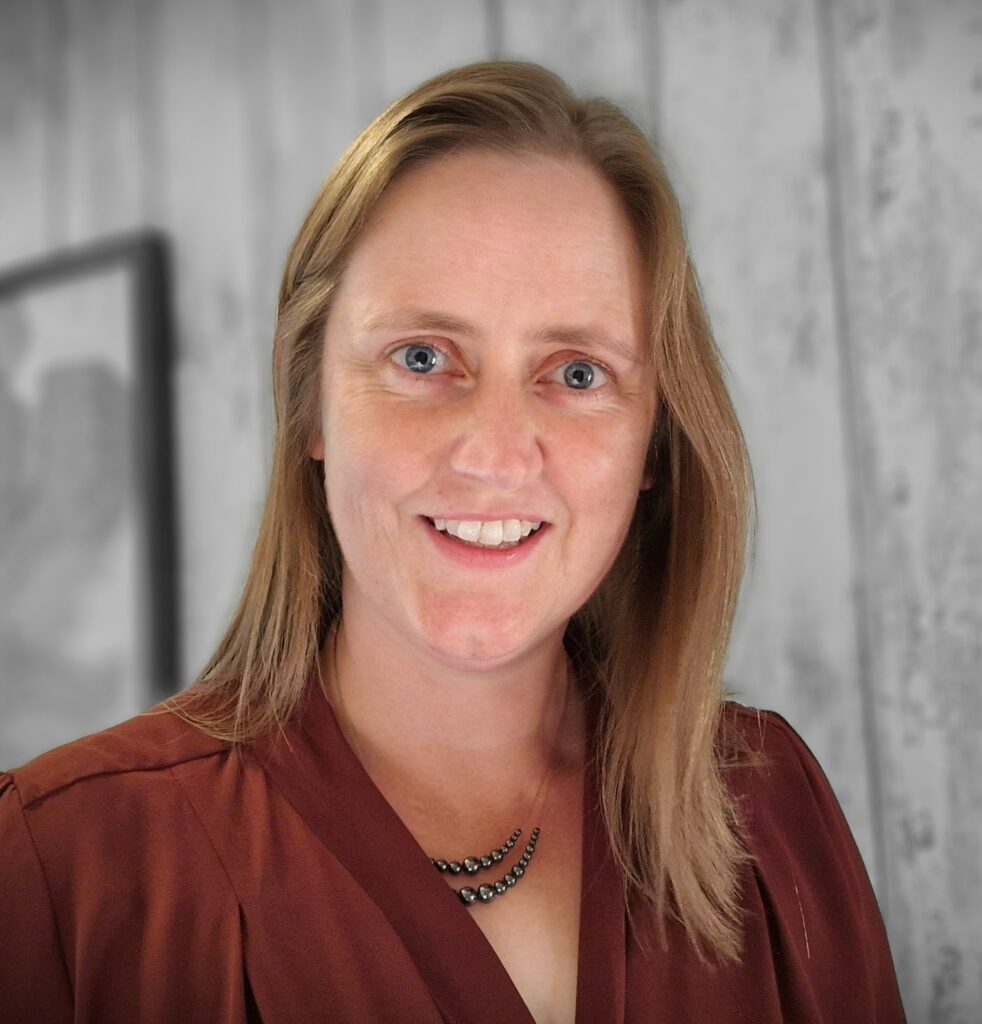
Full Name: Katharine Barker
Job Title: Associate Geotechnical Engineer
Company: CampbellReith
Katharine has 15 years’ experience as a geotechnical engineer. At the start of her career she was a site engineer working predominantly in London logging cores for projects such as Crossrail and the Emirates Cable Car. In 2013 Kat spent a year in New Zealand helping the rebuild effort in Christchurch after it was devastated by a series of strong earthquakes in 2010/2011.
On returning to the UK, Kat moved into consultancy and has been involved in projects ranging from foundation and retaining wall design to investigating the extent of un-mapped tunnels in the Chalk on the Isle of Thanet. She is involved in projects that range from small commercial extensions to large 500-unit residential schemes, industrial warehouse refurbishments, slope stability analyses and technical due diligence assessments.
What or who inspired you to join the geotechnical industry?
As a child I always wanted to be a geologist, which probably had something to do with growing up in New Zealand. After graduating from Bristol University with an MSci in Geology I initially wanted to venture into geophysics, but with jobs being few and far between the next best option was to take a role as a geotechnical engineer.
What does a typical day entail?
The day itself can vary broadly, but it always starts with checking those inescapable e-mails. During the course of the day I check in with the graduate and project engineers in my team to make sure that they are happy and busy. The rest of the day is filled with variety; writing fee proposals, compiling geotechnical designs, writing or reviewing reports, providing advice to my structural and civil colleagues, directing on-site investigation works, invoicing, resourcing and mentoring junior staff.
Are there any projects which you’re particularly proud to have been a part of?
The first project I was handed when I joined CampbellReith was a new appointment to a Southend-on-Sea Council framework to provide geotechnical consultancy services, with a particular focus on the condition and stability of a number of areas of soft cliff frontage along the coast. Being part of this project from the very beginning has been very fulfilling.
From the initial visual inspections and risk assessment of the cliffs, to designing a ground investigation scheme, this project has offered diverse and enjoyable challenges throughout. We are currently in the process of undertaking ground investigation works, which will be used to build a comprehensive ground model for the slopes, allow stability analysis and, ultimately, the design of a stabilisation scheme that will safeguard the slopes from significant future ground movements.
What are the most challenging aspects of your role?
The most challenging part of many of the projects I’m involved in is communicating the importance of geotechnical input at an early stage. With most geotechnical hazards being below ground the old adage ‘out of sight, out of mind’ is something we have to constantly battle against. It’s often only when something goes wrong that geotechnical engineering is given the consideration it deserves.
What AGS Working Group(s) are you a Member of and what are your current focuses?
I am a member of the Instrumentation and Monitoring Working Group as well as the Geotechnical Working Group. I was one of the founding members of an Underpinning Focus Group, which was established to further explore the subject of ground movement in relation to underpinning. Our main objective is to look at the data available to try and better understand the ground movements that can arise from underpinned basement construction, with a view to establishing a clearer method of predicting potential ground movements associated with future projects.
What do you enjoy most about being an AGS Member?
I enjoy collaborating with my peers as part of the Working Groups.
What do you find beneficial about being an AGS Member?
Being able to actively participate in the community and contribute to the guidance and outputs produced by the AGS.
Why do you feel the AGS is important to the industry?
It’s important for the industry to have these groups where like-minded people can meet up, share knowledge and collaborate in productive ways. The AGS covers a broad range of aspects within the geotechnical and geoenvironmental disciplines, and I think the interaction and collaboration between disciplines helps the industry evolve in a positive way.
What changes would you like to see implemented in the geotechnical industry?
I’d like there to be an increased awareness and understanding of the importance of geotechnical engineering in the construction industry, which is a mammoth task that most of us are constantly fighting to achieve.
I also think that graduate or junior engineers would benefit from spending time on site as a ground investigation contractor to learn where the data they use in their models comes from, how it is gathered and what shortcomings or limitations there are during the data gathering process.